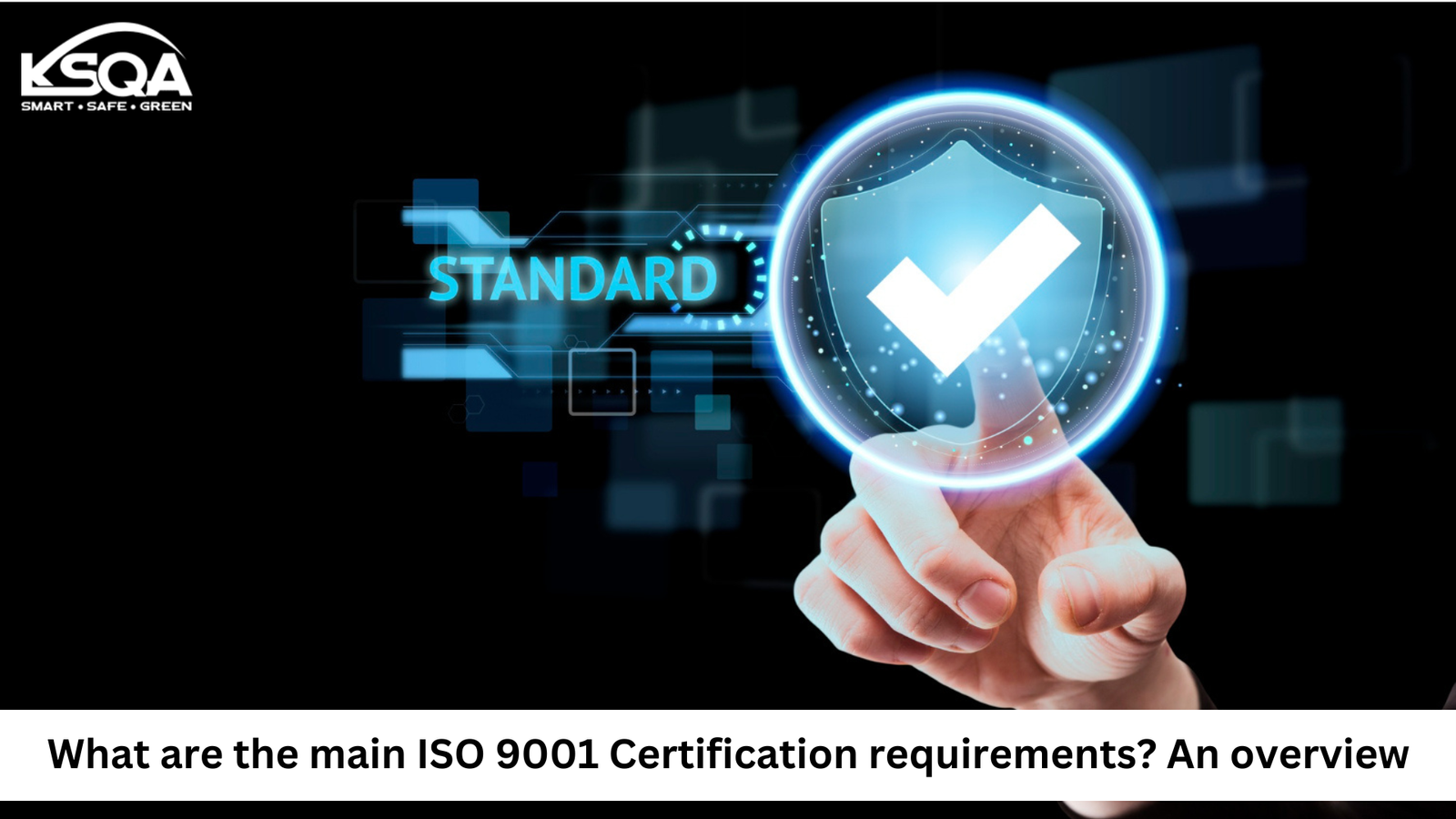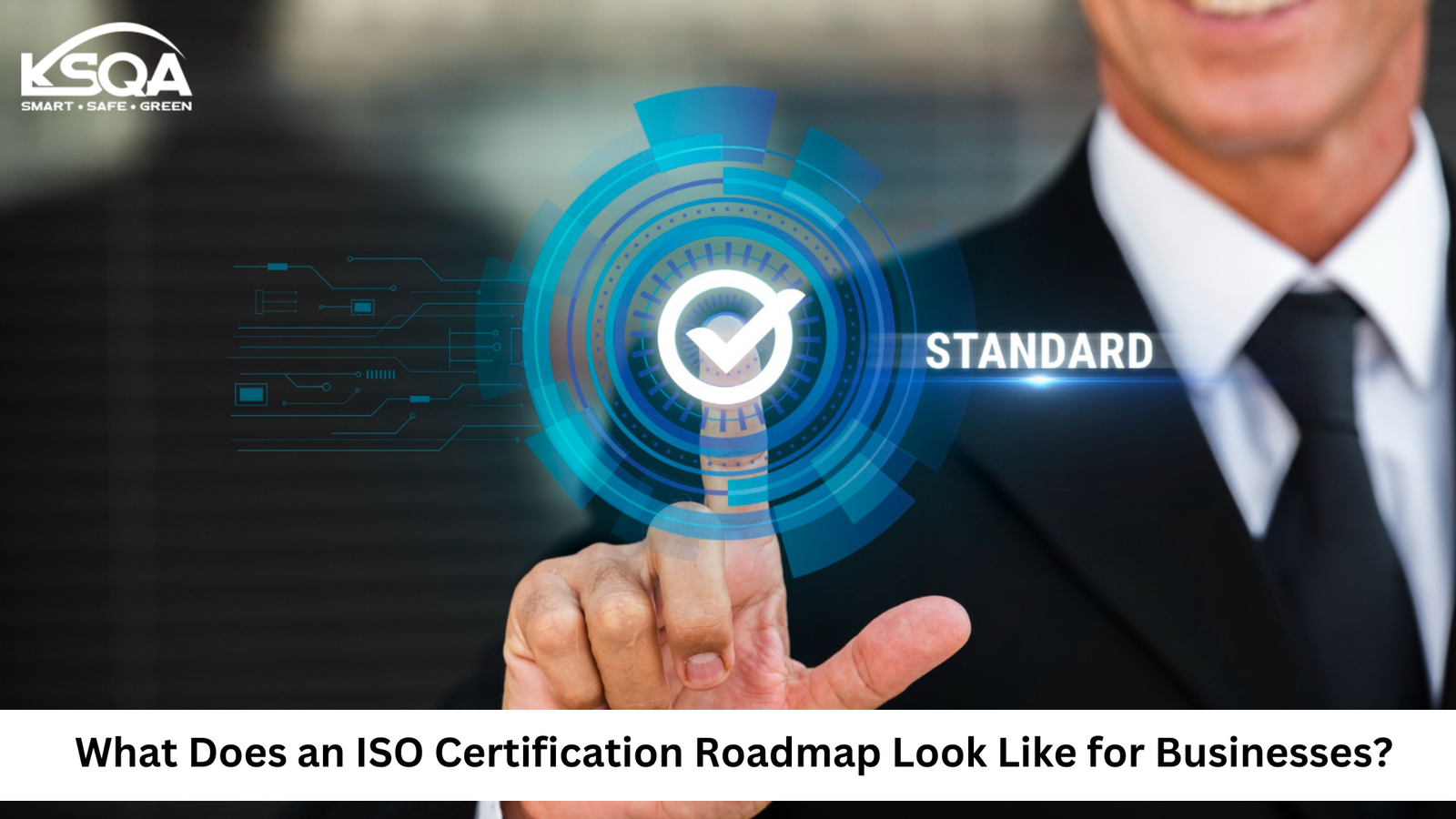Do you struggle to meet clients' expectations, streamline operations, or have consistent product delivery? The same happens to most businesses, but the main cause of this complexity is a solution that can bring about a paradigm shift: ISO 9001 certification.
Did you know that over 1.1 million certificates were issued to organizations in 178 countries? This shows the QMS standard is the most widely used standard in the world.
Let's explore ISO 9001 and the most critical ISO 9001 certification requirements.
What is ISO 9001?
ISO 9001 is a standard for a QMS: quality management system. It defines requirements for a QMS and hence helps the organization to meet customers' statutory requirements and deliver consistent products and services of high quality.
Having achieved ISO 9001 certification means that you are interested in quality, reliability, and continuous improvement.
Key Requirements of ISO 9001 Certification
To secure certification, firms must meet the key ISO 9001 certification requirements below. These are structured around the Plan-Do-Check-Act (PDCA) cycle. A glance through each of these basic elements, sector-specific for your convenience:
Organization Context
Organizations have to first identify and understand the internal and external contexts in which they exist, including the needs and expectations of stakeholders.
This would mean looking at client expectations, market trends, regulatory requirements, and so on. That is what's important in getting your QMS into alignment with business objectives.
Leadership
Top management should exercise leadership and commitment to the QMS. This involves creating a quality policy, providing proper resources, and instilling a quality culture within an organization.
Leadership is essential for stakeholder engagement as well as ensuring that every employee develops with quality goals.
Planning
For that, the organization has to be proactive in identifying possible risks and opportunities that may jeopardize their quality goods and service delivery competence. This planning process helps ensure potential problems are addressed before they occur, streamlining operations and improving relationships with your clients.
Support
This standard underlines the requirement for effective support concerning resources, competence, awareness, and communication. Businesses should offer all resources—human, infrastructural, and technological—to ensure effective operation for QMS.
Also featured in this requirement is the training of personnel to understand their roles toward the achievement of quality objectives and maintaining required performance.
Operation
This section covers planning and controlling business processes. Your firm should identify its standards for processes so that these can be standardized.
Such procedures with corresponding documentation are also needed to ensure quality, most especially when dealing with complicated chains of supply or other partnerships.
Performance Review
Monitoring, measurement, analysis, and evaluation of the QMS lead to a continuous improvement cycle. Organizations should monitor the KPIs that help analyze the effectiveness of their processes.
Audits and management reviews enable the identification of improvement points, ensuring that the organization can adjust according to changing market demands.
Improvement
ISO 9001 encourages organizations to look for quality and constant improvement in their QMS. This results in identifying non-conformities with the standard and taking corrective actions.
A continuous improvement culture is vital to your organization's success—to improve efficiency, reduce costs, and enhance customer satisfaction.
Benefits of ISO 9001 Certification for your organization
Achieving ISO 9001 certification offers numerous advantages, specifically for your organizations:
Enhanced Credibility: ISO 9001 certification signals a commitment to quality, helping build trust with clients and partners.
Improved Efficiency: Implementing a robust QMS can streamline processes, reduce waste, and enhance overall productivity.
Customer Satisfaction: A focus on quality enables organizations to better meet the needs of their clients, leading to increased loyalty and long-term partnerships.
Market Advantage: ISO 9001 certification can serve as a competitive differentiator, particularly in industries where quality is critical.
Conclusion
If your business is facing problems in managing the quality of its operations, then opt for ISO 9001 certification.
This internationally recognized standard can provide the framework you need to enhance your processes, improve customer satisfaction, and achieve greater success in your industry.
If you want to obtain AS9100 and ISO 9001 certification for your small business at a relatively low price, KSQA is there to help you find the right consulting agency that has expertise in certification and helps you in ISO 9001 certification requirements.
Start moving toward quality excellence today! Call KSQA now!




.jpg)
.jpg)
.jpg)
